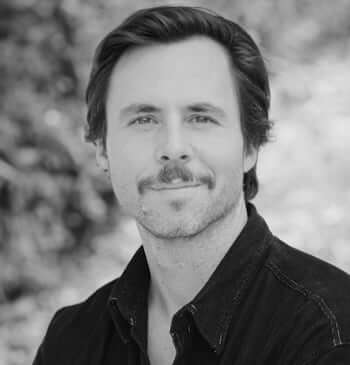The
Inside
Man
Seeing Life From the ‘Soul’ Level
A fresh perspective will help you reevaluate any situation
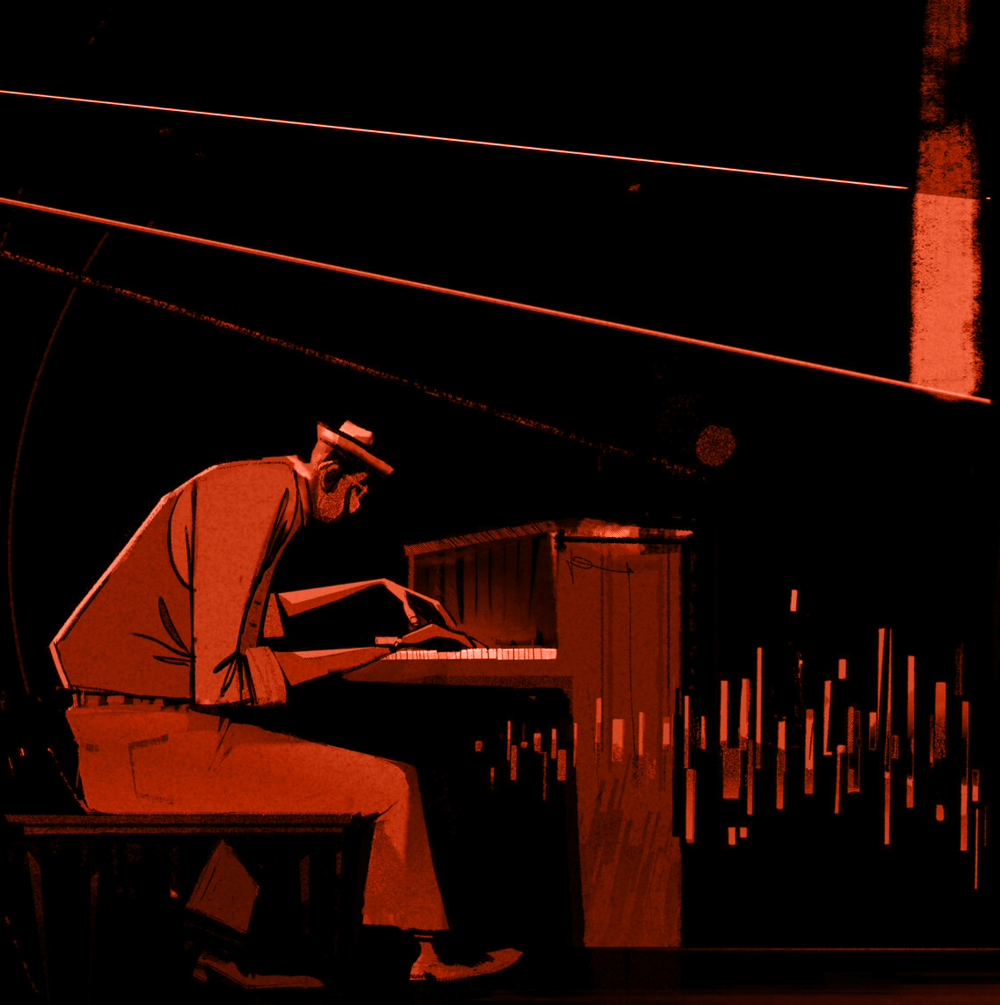
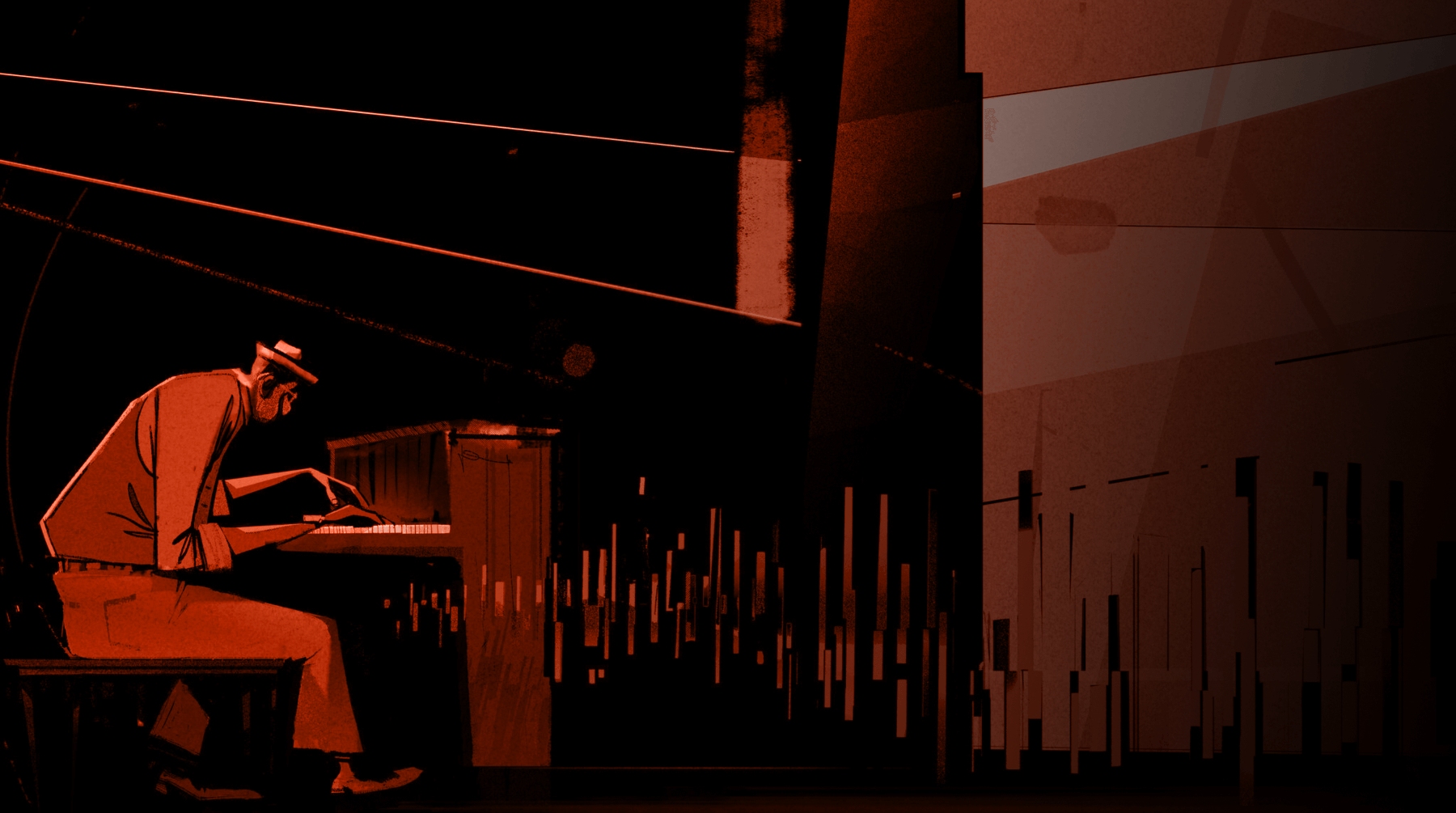
The
Inside
Man
Seeing Life
From the
‘Soul’ Level
A fresh perspective will help you reevaluate any situation
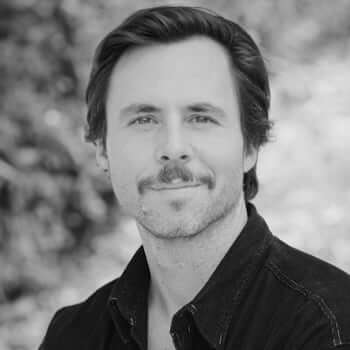
Disney and Pixar’s new film Soul—about a Jazz pianist named Joe who has a near-death experience and gets stuck in the afterlife—has been getting big praise from critics as a heartwarming story about the importance of the lives we tend to take for granted. But I was struck by something else upon seeing it: This is the second Pixar film in a row (the last was 2017's Coco) where the studio takes on the concept of what happens after we die.
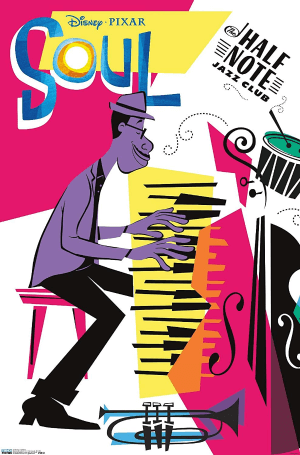

Souls going mainstream isn't exactly new. But Pixar's premise that we are more than our physical bodies comes at a particularly poignant time in history: when drastic climate shifts and pandemics along with political and financial chaos all combine to make the average person feel a bit closer to death than usual. It's no joke being alive in 2021! As Tina Fey's character in Soul, 22, puts it: “You can't crush a soul ... That's what life on earth is for.”
Years ago, during a particularly hard period of my life (read: drug addiction, devastating breakup, suicidal ideation), I traveled to visit my mother and stepfather, who were living in a spiritual community in Central Florida. They had booked me a session with their friend Linda. Linda is a numerologist and a mystic and what she told me during our time together shook my foundation: That we're all more than human. That we're souls who come to earth with a particular plan for our own evolution. And that we choose our family, our circumstances and our challenges in an effort to give us the best chance to continue that evolution. “If we can begin to see life as happening for us, as opposed to against us,” Linda says. “That's when the magic happens.”
Now, I know it'd be easy to write off Linda's message as some woo-woo, crystal waving garbage. Honestly, I was ready to back then. I had no shortage of evidence that life was working against me: My parents had gotten divorced, my father had committed suicide, every woman I'd ever loved had walked out of the door. Not to mention I'd spent the better part of my 33 years on the planet hating myself. Happening for me? Yeah right. More like, life's a bitch and then you die.
But something Linda said about my father's suicide that day would be the thing that eventually turned me. She told me that my ruptured relationship with him and the resulting grief and reckoning in the wake of his death was an opportunity: it was providing me with the firsthand education I'd need for a career where I would help other men heal—which, if you're reading this column, you know has happened.
In the five years since that fateful meeting with Linda, I began to reframe other big events in my life, too. I now saw painful relationships as vital learning experiences that pushed me on towards deeper and more fulfilling relationships. I saw jobs I hated as bridges to jobs I hated less, and eventually to a vocation I love. I saw abandoned drafts as seeds for stories that were eventually published. As I went, I saw that the lens I chose to see my life through was up to me: I could believe life was unfolding for me or against me, just as Linda said. And the ride just tended to go a little smoother when I chose the former.
In coaching, one of the most powerful principles we teach is: You always have a choice. This very real fact of humanity is the difference between victimhood and ownership. In the victim position, I'm powerless in the face of the hand I'm dealt. Life is battering me, and I have no choice but to switch into survival mode, batten down the hatches and hang on. This is how 99% of this planet lives.
But in the ownership position, I choose to see everything coming at me as opportunity. The world is going to do what it will: lovers may leave, the market may crash, my car may break down, and the grocery store may run out of toilet paper, but I have the final say how I react to all of it: I can be pissed—full of self pity and anger, bemoaning my bad luck and blaming everyone else who dropped the ball—or I can accept the circumstance, and take full responsibility for my next action. When we choose to see life from the ownership position, we're seeing it from the Soul Level. Good or bad, right or wrong become erroneous. Not only is this event happening right now, but I chose it. And that means I have the power to work with it.
Giving up victimhood and embracing the soul view is no joke. About the only thing we truly have control over in this life is our reactions, so this ability to respond from a place of opportunity for growth — and even gratitude for the chance to learn — is no small superpower. I believe it's the difference between a life of acceptance and joy and a life of bewildered misery.
Here's an exercise that will get you started on the path to reframing your life from the Soul Level:
When were three times in your life that an event you initially filed under “terrible” turned out to be a blessing? Maybe your marriage ended, and you found yourself on a trip around the world that changed you. Maybe it was the missed subway train that resulted in meeting your current partner, or the time you got outbid on an apartment or house, only to score your dream pad weeks later.
For many of us, we needn't look further than 2020: a year filled with stories of a truly terrible thing (a pandemic) leading to really beautiful things: reinvention, reflection, even reparation. I have a friend who quit a successful career as a TV anchor last year to pursue his passion as a personal trainer, while another client of mine who was let go from his 14-hour-a-day restaurant job who finally had the time now to go back to school. Two friends salvaged marriages during quarantine, while others have used the extra time to fix up their homes, clean up their finances, or reboot fledgling businesses. And on top of all that, there's nothing like being faced with annihilation to get us asking the big questions: Who am I? What's really important to me? What kind of life do I want to live? More guys than ever have come into my practice this year asking themselves these and other questions about how to live a fuller, more satisfying life.
Ultimately, reframing perceived hardship as opportunity is the old John Lennon quote in action (Lennon, of course, was the original rock n' roll mystic): “Everything will be okay in the end. If it's not okay, it's not the end.” Now, that is some Soul Level shit.
Question?
You’ve now got a life coach at your disposal. Hit Sean up with any concern you’re currently struggling with: Trouble at work? Relationship worries, family struggles or general mental health concern? Let him help you tackle it each month in this column.
